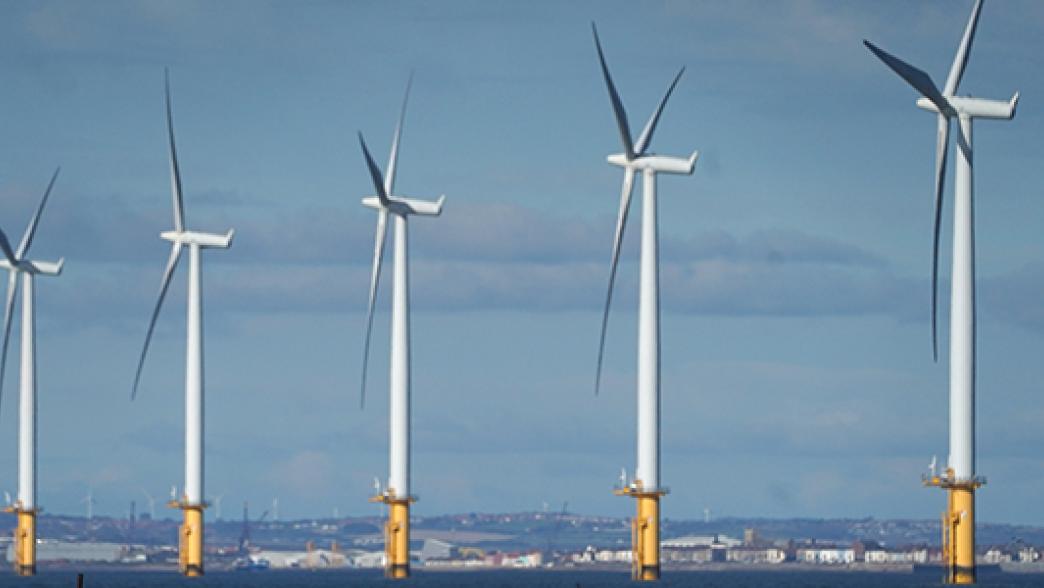Evidence in energy policy making: What the UK can learn from overseas
The government needs to change how it shapes energy policy – or risk hindering efforts to reach its 2050 net zero target.

The government needs to change how it shapes energy policy – or risk hindering efforts to reach its 2050 net zero target.

Stronger leadership and co-ordination from the prime minister is needed if the UK’s commitment to reach net zero by 2050 is to be credible.
What can this and future governments learn from the UK's successes in offshore wind policy in the 2010s?
The government's oil and gas bill is performative politics and tarnishes the UK's already diminishing claims to moral authority on climate change.
Ed Cox & Shirley Rodrigues discussed what role England’s mayors and local leaders can play in decarbonising the economy and public services.